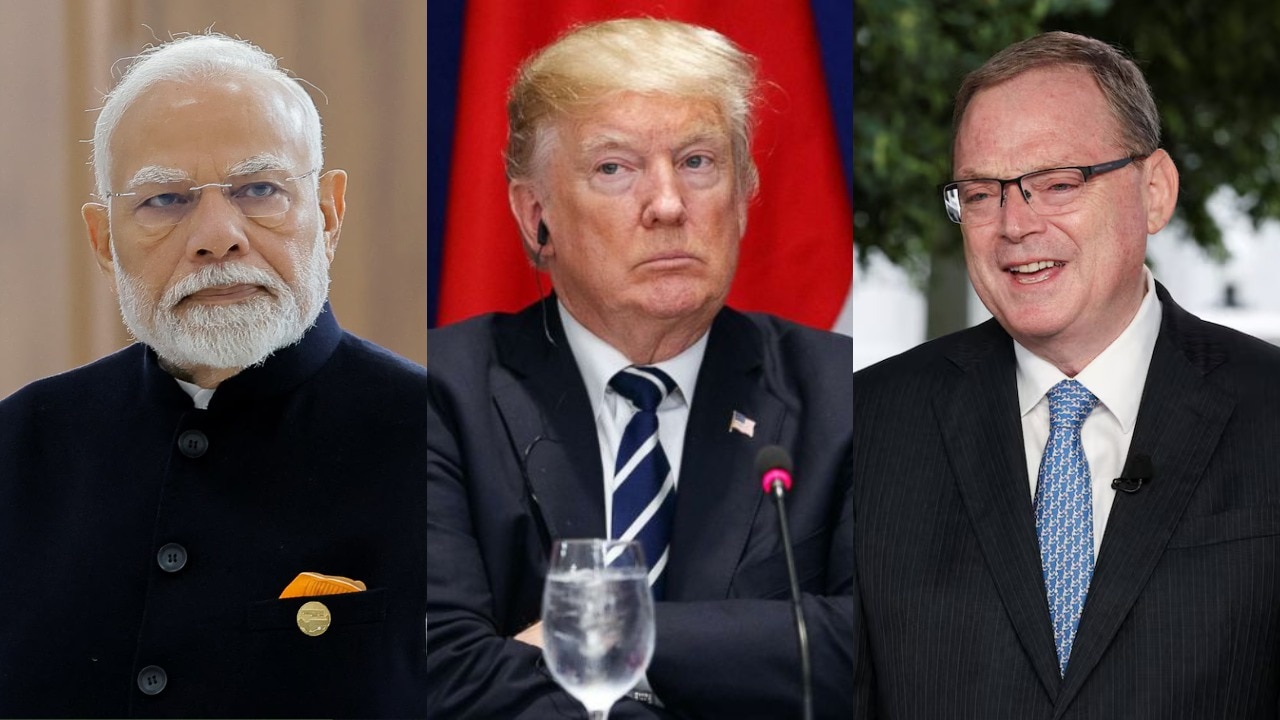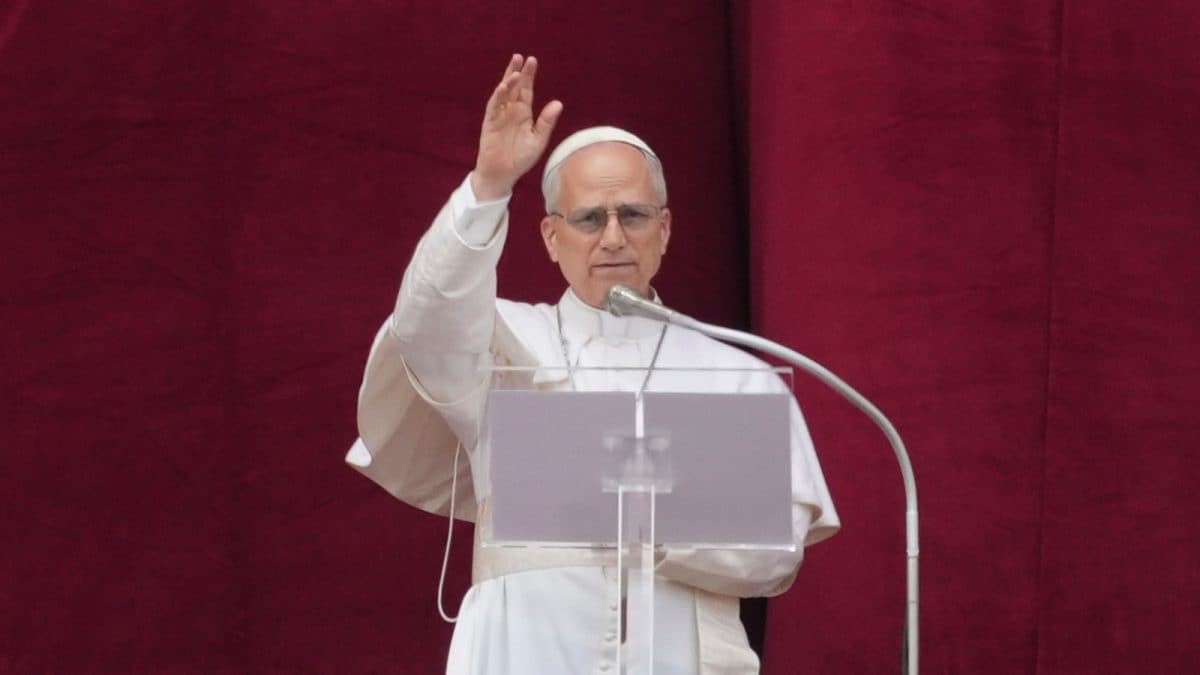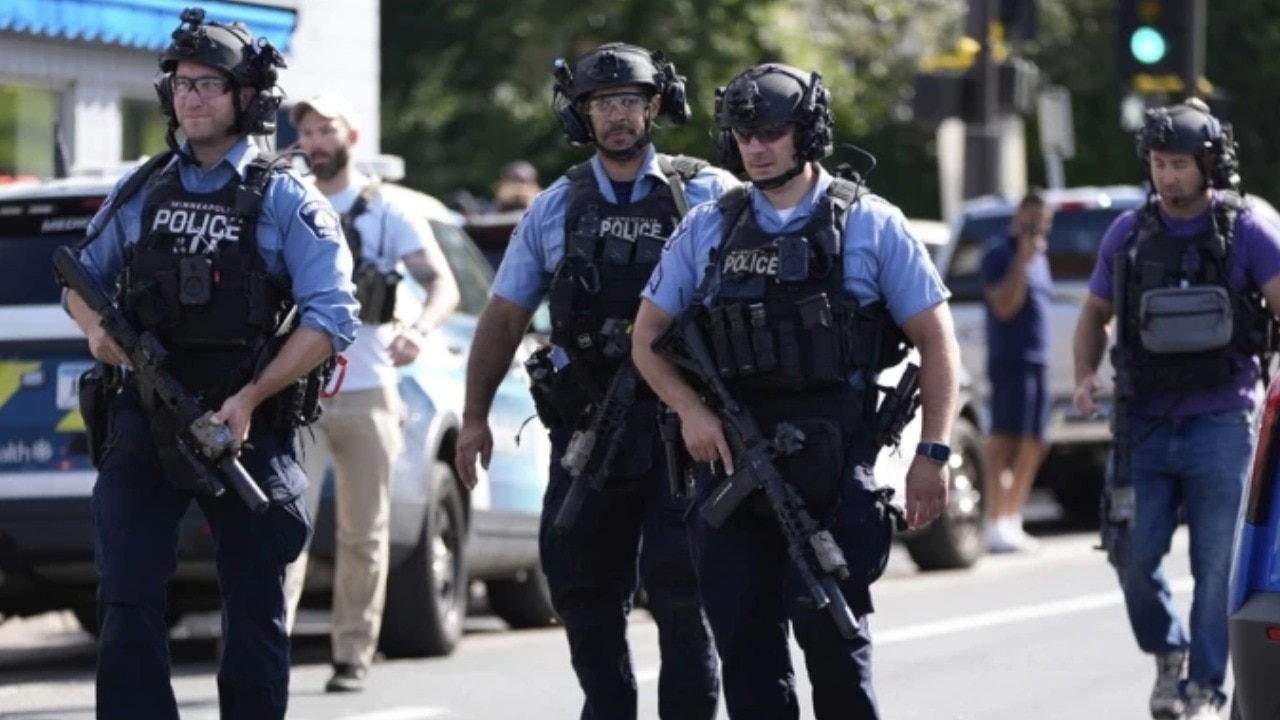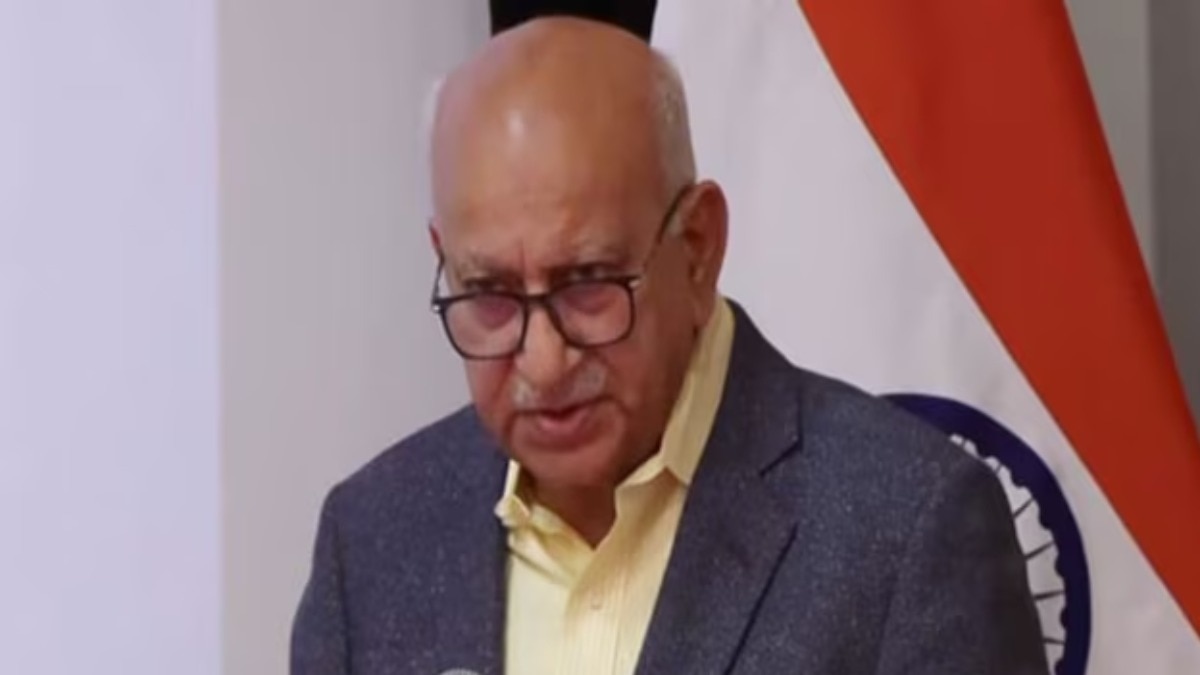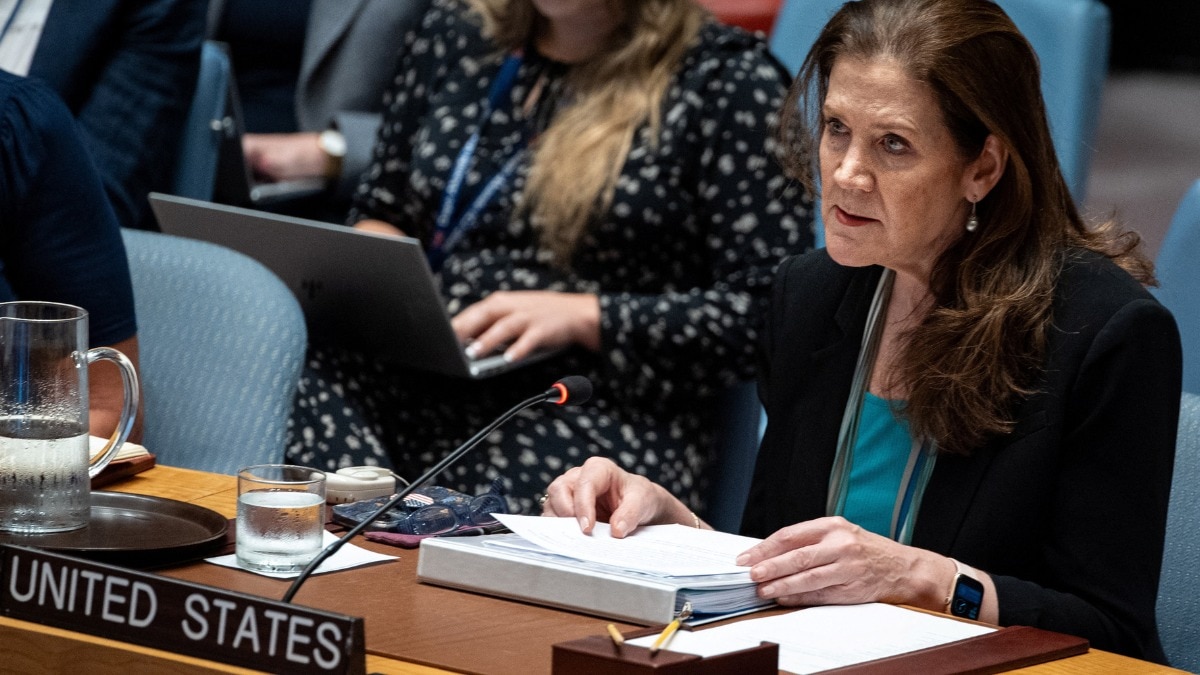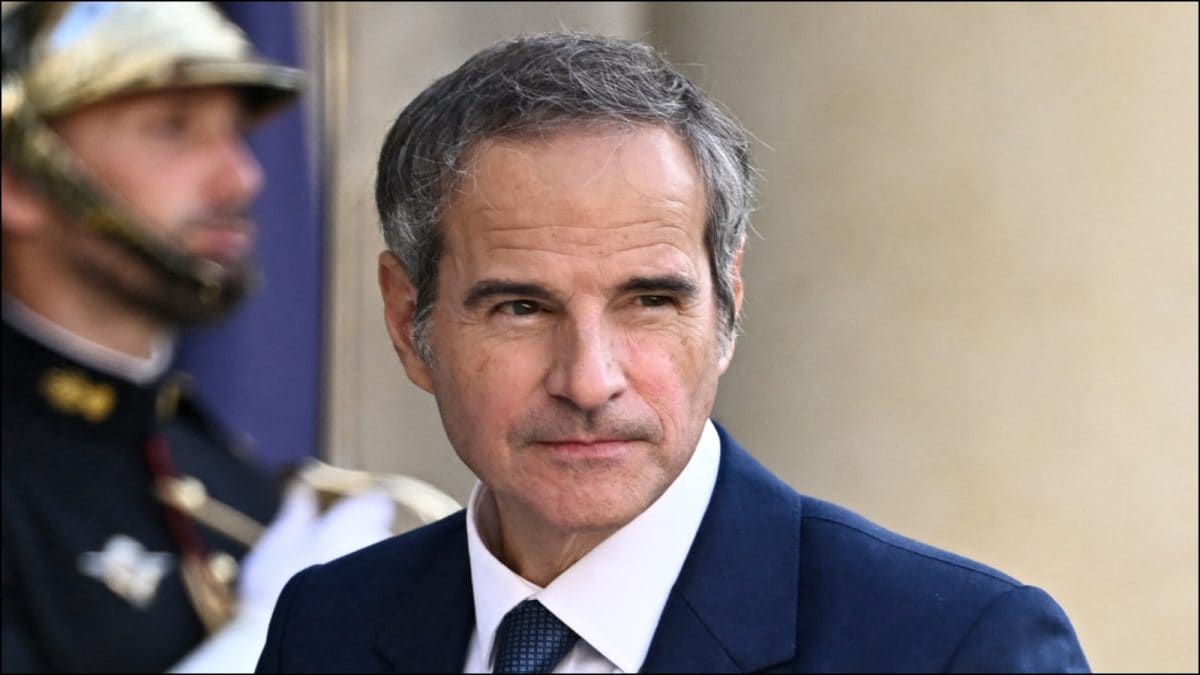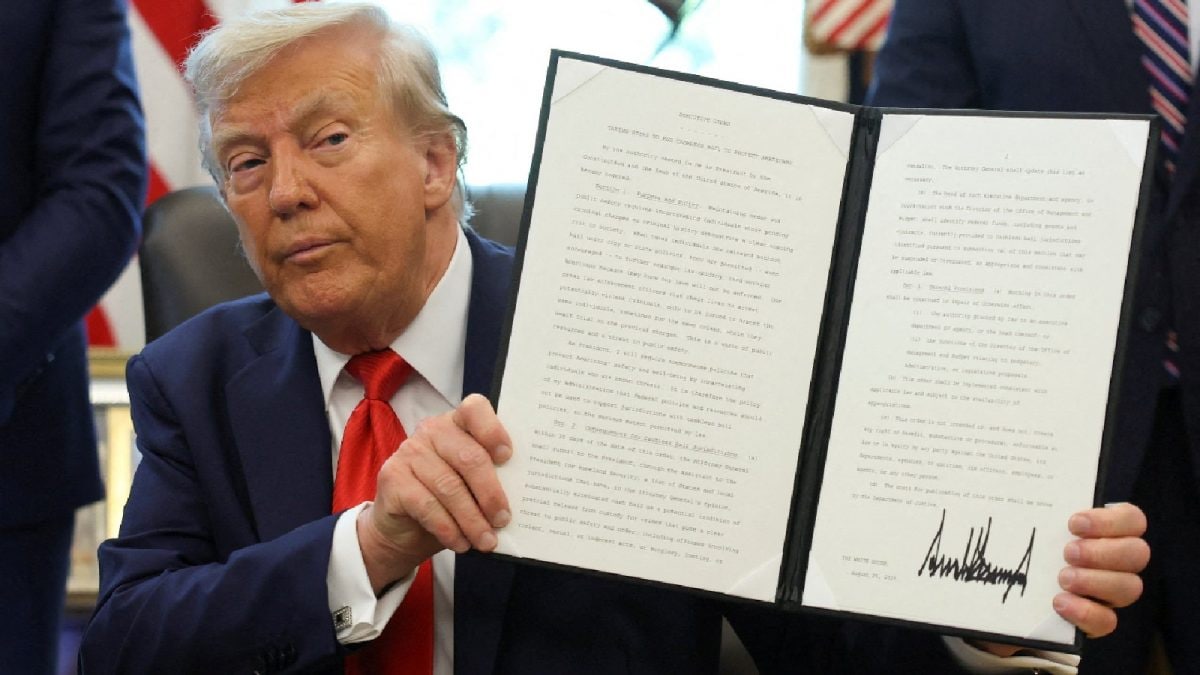Last Updated:July 07, 2025, 09:46 IST
According to top intelligence sources, jihadist groups perceive Bilawal Bhutto's offer to extradite Hafiz Saeed and Masood Azhar to India as an act of treason.

Pakistan Peoples Party (PPP) chairman Bilawal Bhutto-Zardari. File pic/Reuters
There seems to be a significant rift between Pakistan’s political class and jihadist groups, with the Pakistani army seemingly supporting former Foreign Minister Bilawal Bhutto Zardari, top intelligence sources have told CNN-News18. Bilawal’s recent stance on extraditing designated terrorists Hafiz Saeed and Masood Azhar to India suggests a consensus within Pakistan’s political leadership, as observed by intelligence sources.
Bilawal’s proposal challenges both the army’s policy on Kashmir and their relationship with jihadist factions, who view themselves as military assets rather than political bargaining chips. According to top intelligence sources, jihadist groups perceive this extradition offer as an act of treason. The political class, including Bilawal’s Pakistan People’s Party (PPP), is striving for international legitimacy, particularly in compliance with the Financial Action Task Force (FATF) mandates.
Sources indicate that Bilawal has highlighted the dismantling of over 900 jihadist institutions, asset seizures, and arrests as evidence of Pakistan’s changing stance. This move is part of a broader effort to avoid FATF grey list penalties, backed by the military’s support for compliance. Intelligence sources note that Bilawal’s delegation to Washington and London has presented extradition as a component of comprehensive dialogues aimed at economic recovery.
Despite Pakistan’s efforts, sources reveal that groups like Lashkar-e-Taiba (LeT) and Jaish-e-Mohammed (JeM) have historically served as tools for plausible deniability in Kashmir operations. However, Operation Sindoor demonstrated India’s capacity to conduct deep strikes in Pakistan, prompting further military-backed compliance with FATF requirements, including the dismantling of LeT’s JuD network.
Sources report unprecedented state crackdowns on jihadist groups, which face asset seizures and arrests. Pakistani Tehreek-i-Insaaf’s condemnation of Bilawal Bhutto underscores the presence of jihadi sympathies within conservative politics. Intelligence sources warn that any extradition attempts could provoke violent backlash from sleeper cells.
With Pakistan’s 2025 FATF review demanding irreversible actions against terror groups, political and military establishments are pressured to dismantle jihadist networks. Yet, intelligence sources assert that Pakistan will never extradite terror leaders. The regrouping of jihadist factions in Afghanistan poses a threat to Pakistan’s internal security, making proxies like JeM liabilities rather than assets.
What Bilawal Bhutto Said
Last week, Bilawal Bhutto-Zardari said his country had no objection to extraditing “individuals of concern" to India as a confidence-building measure, as long as India shows willingness to cooperate with its neighbour.
In an interview with Al Jazeera on Friday, Bilawal responded to a question about extraditing Lashkar-e-Taiba (LeT) chief Hafiz Saeed and Jaish-e-Muhammad (JeM) chief Masood Azhar as possible concessions and good-faith gestures to India.
“As part of a comprehensive dialogue with Pakistan, where terrorism is one of the issues that we discuss, I am sure Pakistan would not be opposed to any of these things," he said, while accusing India of not complying with Pakistan to stop cross-border terrorism.
Group Editor, Investigations & Security Affairs, Network18
Group Editor, Investigations & Security Affairs, Network18
News world FATF Pressure Deepens Fault Lines In Pakistan: Bilawal’s Call For Terror Extradition Triggers Fury

 1 month ago
1 month ago


